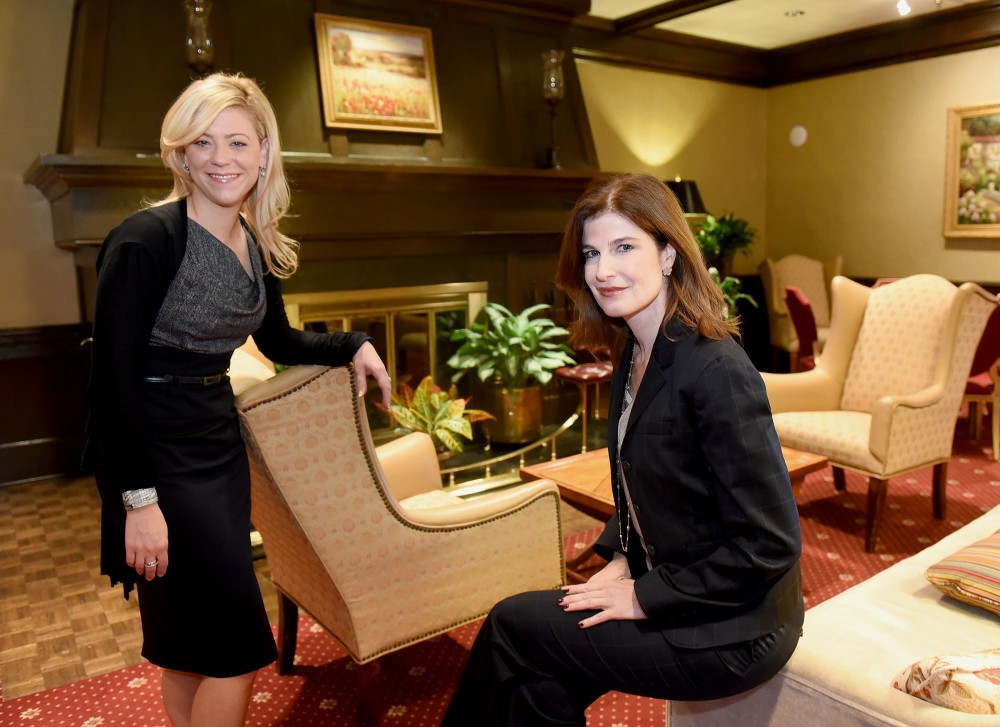By Joyce Gannon
Pittsburgh Post-Gazette.
Carrie Coghill has been an investment adviser for decades. It wasn’t until global markets crashed in 2008, however, that she noticed how few women held top decision-making roles in financial services.
“With everything that went wrong, there wasn’t a lot of diversity in the players,” said Ms. Coghill, chief executive of Coghill Investment Strategies, Downtown.
As she researched the issue more deeply, Ms. Coghill also made the connection that a dearth of female executives resulted in low numbers of women on corporate boards. Because they weren’t in highly visible jobs, she said, women weren’t getting tapped to become directors.
That’s what inspired her to coordinate an event in Pittsburgh designed to raise awareness about the lack of gender diversity on boards and provide insight into how some companies achieve less segregated board rooms.
The local gathering Thursday at the Fairmont Hotel, Downtown, will be one of 19 held nationwide as part of a National Conversation on Board Diversity hosted by 2020 Women on Boards, a Boston-based initiative whose mission is to increase the percentage of females on U.S. public company boards to 20 percent or more by the year 2020.
Thursday marks the first time Pittsburgh has participated in the campaign and the organizers expect to continue doing so through 2020.
“Year one is raising awareness of the importance of this conversation,” said Christy Uffelman, co-chair of the event with Ms. Coghill and a partner with Align Leadership, a business consulting and coaching firm.
Women last year held 19.2 percent of all board seats at S&P 500 companies in the U.S., according to a study by Catalyst, a New York City nonprofit that tracks women in business.
Among Pittsburgh-area public companies that exceed the average are Mylan with four females who make up 31 percent of its board; U.S. Steel, three, or 30 percent; PNC Financial Services Group, four, or 28.5 percent; and Allegheny Technologies, three, or 27 percent.
At the local event, 2020 Women will present an award to Richard Harshman, chairman and chief executive of Allegheny Technologies, for the Pittsburgh steelmaker’s efforts to promote gender diversity.
Mr. Harshman will deliver a keynote talk on why his company values diversity on its board. Executives from PNC, PPG Industries, Wesco and FedEx Ground will participate in a panel discussion on how they are building a pipeline of high-potential women.
Also, Ms. Uffelman and Laura Ellsworth, partner-in-charge of law firm Jones Day’s global community service initiatives, will lead a session on how women can plot a personal roadmap to attaining leadership positions.
Both Ms. Uffelman and Ms. Coghill said that even when companies provide opportunities for women to advance, in many cases women’s traditional roles as chief caregivers for children and elderly relatives prevent them from seizing those chances.
“It’s not just about creating a level playing field,” said Ms. Coghill. “It’s really about understanding there are differences in traditional [male and female] roles and developing a culture to create flexibility.”
In a 2010 study, global consulting firm McKinsey & Co. identified several barriers to women advancing in the workplace including the issue of attending to duties outside of the office.
Women’s traditional cultural role “at the center of family life … creates a significant pressure on women,” the McKinsey report said.
For instance, many corporations expect top managers to be “unfailingly available and ready for unplanned frequent business trips” and for many women, that model conflicts with their family, McKinsey said.
Among the recommendations McKinsey made for increasing gender parity is for chief executives to introduce changes — and follow-up with those initiatives.
“Introduction of progressive methods will not bring the desired results unless every top manager contributes to the transformation of the corporate culture,” the McKinsey study said.

















































































































































































































































































































































































